|
Efforts to pull off democratic elections that could pass muster in the Democratic Republic of the Congo are hanging by a thread. Polling was a messy business, crippled by cancellations in some areas as well as intimidation, poor logistics and finally torrential rains. Nor have the country’s problems ended there: an announcement on the outcome has been delayed and all internet connectivity has been cut. But Phyllis Taoua believes the entire exercise shouldn’t be written off even though the process was far from perfect. The fact that people turned out in their millions under very difficult circumstances is compelling evidence of a commitment to
making democracy work.
You’d be forgiven for thinking that life today isn’t as good as it used to be. After all, the news is so often filled with doom and gloom. And yet data show the world is becoming a much better place. Economic historian Julius Probst walks us through seven charts that show there’s a lot to be happy about.
Streaming service Netflix has tapped into Nigeria’s film industry with the comedy Lionheart. Many think this could be the beginning of a new era. But can Netflix transform Nollywood? And how significant will its impact be on the Nigerian film industry? Alessandro Jedlowski explores.
|
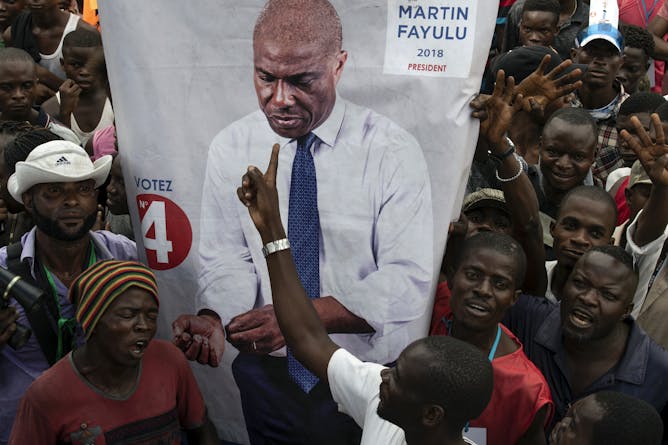
Some in the DRC identify opposition leader Martin Fayulu as the winner but official results have yet to be released.
EPA/ STEFAN KLEINOWITZ
Phyllis Taoua, University of Arizona
The recent poll in the DRC was messy. Nevertheless, it showed that significant change is underway in the country.
|

shutterstock
Julius Probst, Lund University
A look at key data shows that the world is much better off today than ever before in history.
|
Politics + Society
|
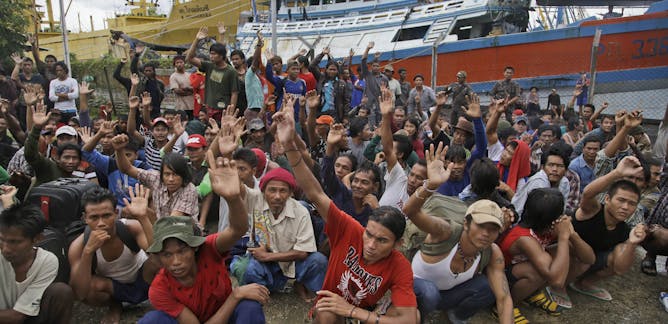
Monti Datta, University of Richmond
Estimates of modern slavery vary widely, whether they try to pin down numbers in the U.S., across the globe or just in certain industries.
| |
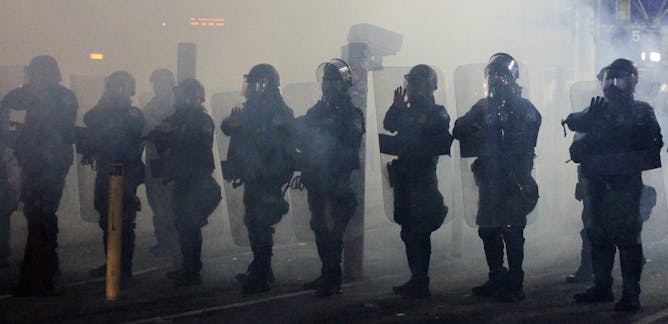
Nick Megoran, Newcastle University
While the West fails to solve its border issues, countries in Asia and Africa have found a positive way forward.
|

James L. Gelvin, University of California, Los Angeles
Obama's plan to withdraw from Afghanistan had several facets and was part of a wider strategy in the Middle East.
| |

Bobby Duffy, King's College London
It's time to tell the truth about immigration.
|
|
|
Arts + Culture
|
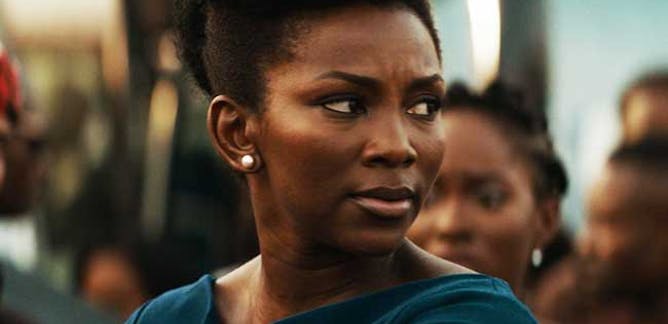
Alessandro Jedlowski, Université Libre de Bruxelles
Big investors seem to be mainly interested in Nollywood's already established popularity with African audiences.
| |
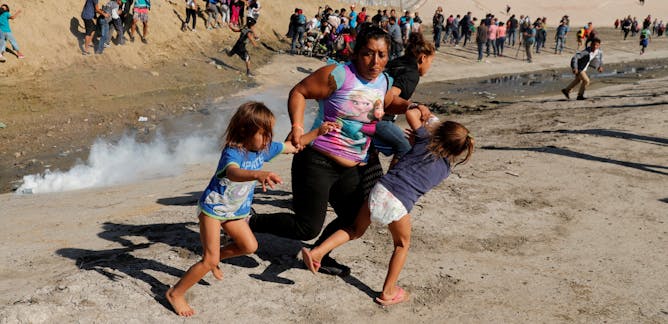
Nicole Smith Dahmen, University of Oregon
Each day, readers are bombarded with shocking, inspiring and informative images. In their overwhelming volume, they can be easily forgotten. Nonetheless, some do rise to the top.
|
|
|
En français
|

Marie-Laurence Flahaux, Institut de recherche pour le développement (IRD)
L’éventualité d’un retour est toujours présente et fait partie de la stratégie de mobilité de tout migrant. La migration est une circulation et non un aller simple dans un sens ou dans l’autre.
| |
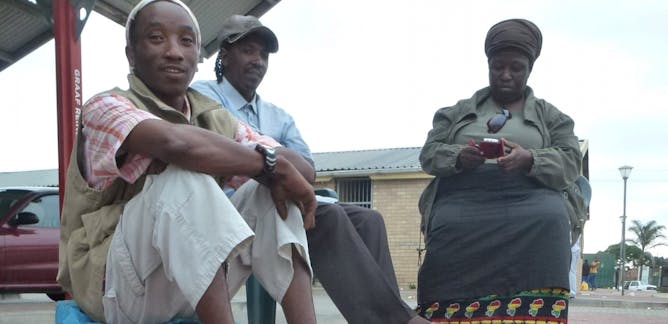
Patrick Juvet Lowé Gnintedem, Réseau français des instituts d’études avancées (RFIEA)
Malgré la popularité de la médecine traditionnelle dans les pays d’Afrique francophone, celle-ci demeure peu régulée et mal identifiée dans les discours de santé publique.
|
|
|